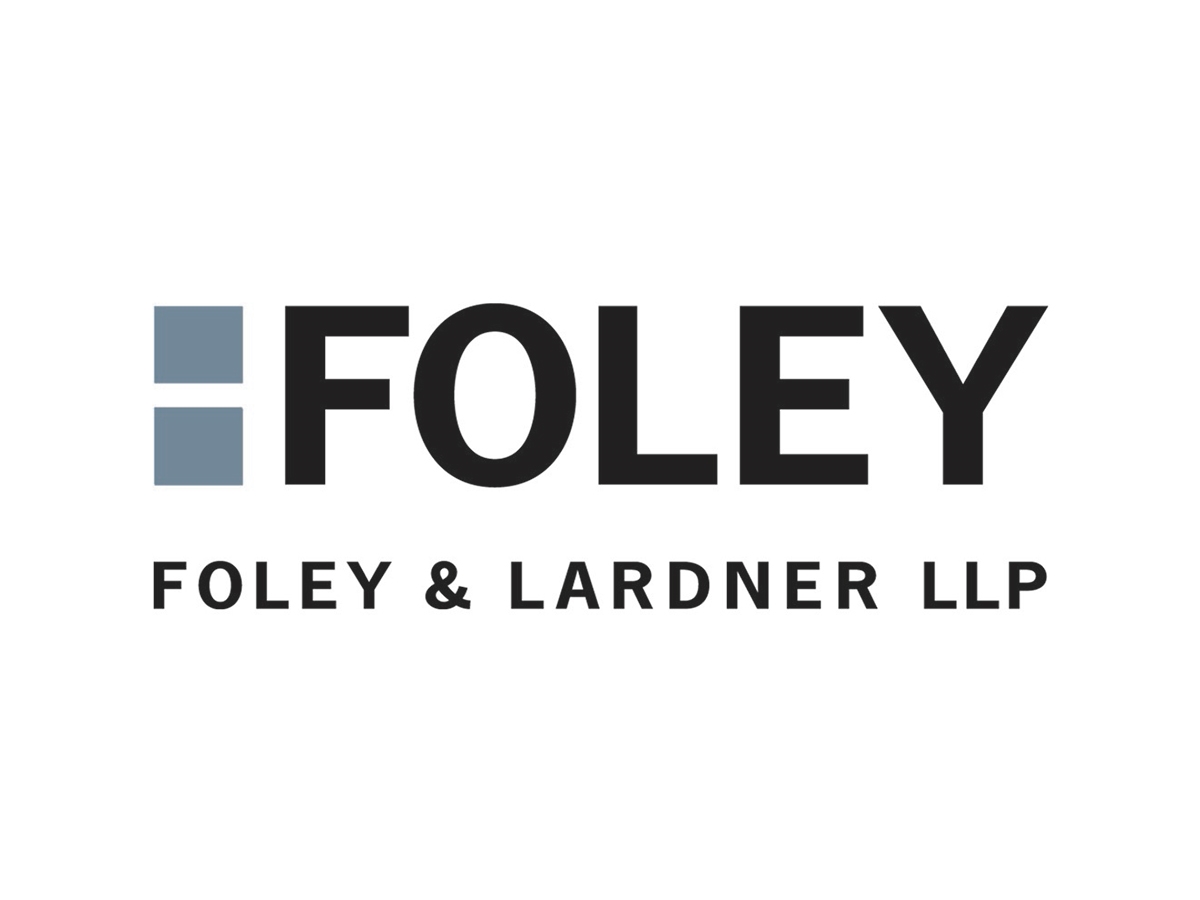Fixed assets represent a significant capital investment for manufacturing companies, even if, once created, they are only there to produce as intended and that’s it, right? Not enough. We have recently seen an increase in the number of Mexican local authorities (states) verifying the compliance of fixed asset imports based on their collaborative capabilities (sic) with the Mexican Federal Treasury.
Global manufacturing companies operating in Mexico typically have a significant number of foreign-manufactured fixed assets (usually machinery and equipment) at their production sites that have either been acquired from third parties in Mexico (local suppliers) or imported from abroad.
Mexico’s Customs Law provides that, as might be expected, importers are required to observe its provisions; nevertheless, those who handle, transport or also possess imported products – upon request and without limitation period – are required to prove the legal importation of these products.
It should be noted that the aforementioned obligations cover all types of imported products, but for personal use products, however, the authorities usually opt systematically for fixed assets.
Thus, the legal handling, transport and possession of foreign goods must be proven by one of the following documents: (i) import documents fully compliant with Mexican customs law, (ii) an electronic invoice from a registered Mexican taxpayer who fully complies with their legal requirements (known by its Spanish acronym “CFDI”), or (iii) a sales note issued by the Ministry of Finance – an exception.
At any time, federal or local authorities can knock on your door and ask your company to demonstrate legal importation and possession of products manufactured abroad. If after a non-extendable period of 10 working days, your company cannot prove it according to their standards, the authorities may be entitled to issue an assessment requiring payment of the omitted import duties, value added tax , customs processing fees and anti-dumping fees where applicable, followed by the corresponding penalties.
As if that weren’t enough, failure to prove the legal acquisition or importation of foreign goods may result in the affected goods becoming the property of the Mexican Federal Treasury.
The aforementioned nightmare can be avoided if you keep your ducks in line, that is, if your records demonstrate the legal acquisition or importation into Mexico of foreign machinery and equipment. In summary (important details apply), when importing foreign goods into Mexico, importers are required to electronically transmit the pediment import document with, among other things, documents proving the value of the goods, a valid certificate of origin, a transport invoice and certificates of compliance with Mexican mandatory standards (aka NOM according to their acronym in Spanish).
In addition, importers (and by extension those who handle, transport or possess imported products) must declare the particular identifying information of the goods; for example, machinery and equipment should be identified by make, model, serial number and trade description.
Importers / handlers / transport companies / keepers should therefore keep all the above relevant documents complete and in the same form in which they were submitted (most recently in electronic format).
In the event that you do not have the necessary means to prove the legal importation of products manufactured abroad, there is a legal self-correction procedure through a definitive import; that is, by paying the duties omitted, the applicable taxes, fees and fines. Whether this is useful depends on the specifics of your situation.
Therefore, it is recommended that all global companies doing business in Mexico conduct selective audits on randomly selected fixed assets (are your coffee or vending machines relevant?) This will not happen to you, will it. not?), and provide all according to Mexican customs practice in 10 working days.
[View source.]

